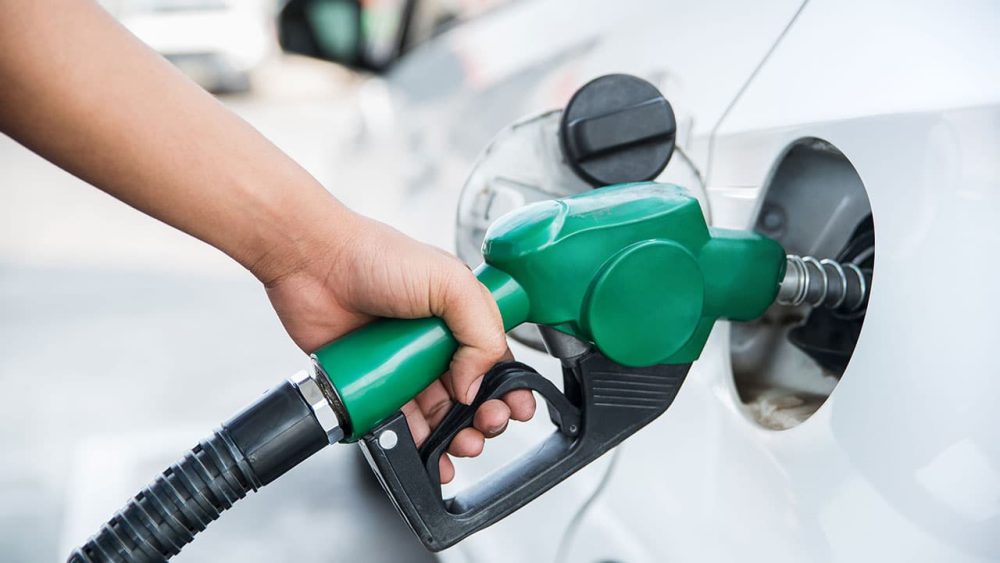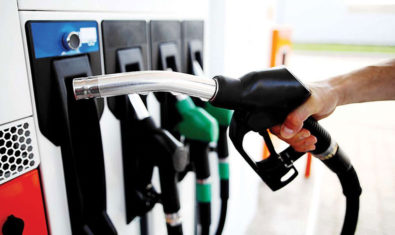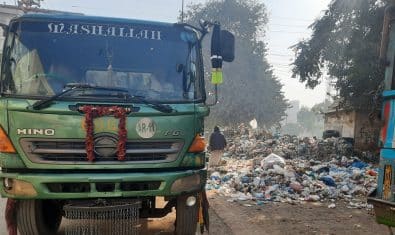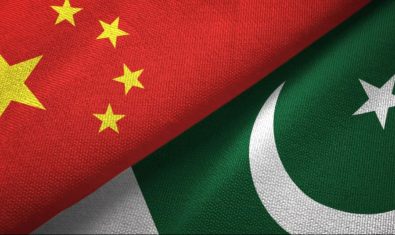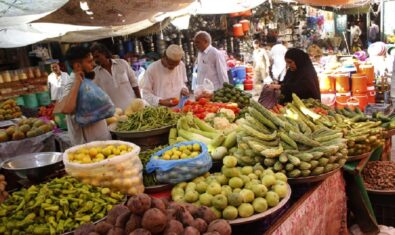Petroleum dealers and oil marketing companies (OMCs) have urged the government to urgently address their demands after the International Monetary Fund (IMF) advised Pakistan to reinstate taxes on key sectors.
The dealers have demanded an increase in their profit margins and threatened to cease all operations if this request remains unaddressed. OMCs have requested the authorities to revert to a simpler process for determining petroleum prices.
Oil Companies Advisory Council (OCAC) wrote with regards to the exchange rate computation methodology (True Up), being used for calculating the fortnightly prices of petroleum products.
“Our request is to revert to the previous methodology, thereby reverting to a simpler and clearer process,” the letter added.
It explained that the exchange rate applicable at the time of pricing was used for price computation in the past. But effective August 1, 2022, OGRA changed its methodology. Instead of using the latest available exchange rate, OGRA shifted to a 15-day average exchange rate, despite reservations from the Oil Industry. This change created exchange rate exposure for the Oil Industry.
OCAC said it understands that using the latest available exchange rate at the date of price change reflects the exchange rate for the upcoming fortnight and would be a better option compared to the current practice of using a 15-day average exchange rate.
Since the Pakistani Rupee has currently stabilized, the impact of correcting the pricing mechanism will be negligible. The Company proposed reverting to the system of using the exchange rate applicable at the time/date of pricing change.
Meanwhile, the Pakistan Petroleum Dealers Association (PDA) wrote in a separate letter that the last time Petroleum Dealer’s margin was increased was in September 2023. The dealers lamented the consequent spikes in various operational costs, including electricity charges, interest rates, labor costs, Oil Marketing Companies franchise fees, and KIBOR rates. “Despite our best efforts to adhere to all statutory requirements and operate compliantly, the existing margin has rendered our earnings unsustainable,” they said.
They said the rampant influx of smuggled illegal petroleum products had dealt a severe blow to both the country’s economy and registered petroleum dealers. The prevalence of smuggled products at lower prices has led to a drastic decline in petrol pump sales by up to 50 percent.
PDA urgently appealed for a prompt resolution of their grievances. It requested to expedite the process of addressing all concerns. “Failure to address these pressing issues may leave us with no choice but to cease our operations, which would have adverse implications for our businesses and the broader economy,” the association added.
Earlier, the IMF found that the present sales tax in Pakistan suffers from substantial complexity and dysfunctionality resulting in part from the bifurcation of the tax base between goods and services. It demanded the federal government stop giving special treatment to all sectors and tax them the same.
The IMF warned that this dysfunctionality is exacerbated by an excessive number of special treatments of particular products and sectors, which generally reduces revenue raising and negatively affects administration.
